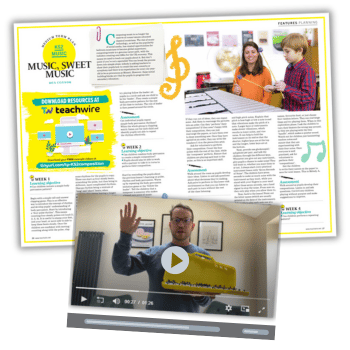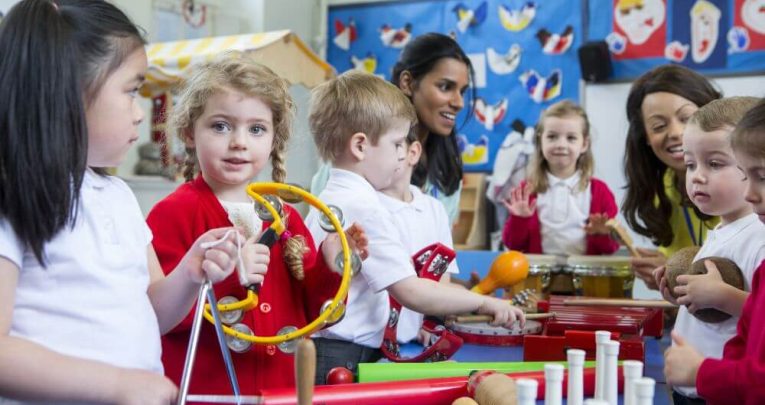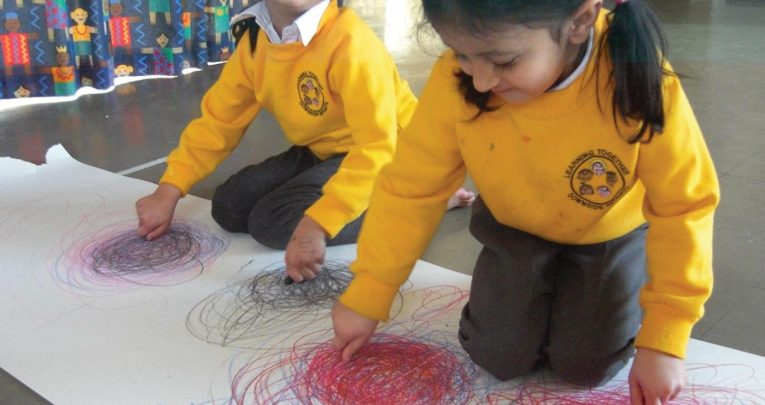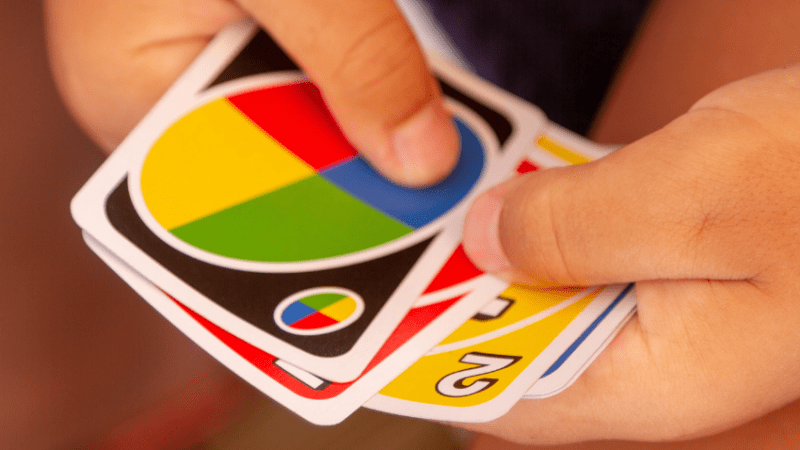Teaching music in primary school – how to be more confident and dodge subject anxiety

What is music anxiety, why is it so common, and how do you overcome it?

- by Ben Connor
- Deputy headteacher and music specialist Visit website

The first thing that drew me to primary teaching was being able to shift from one subject to the other. It’s a joy. One minute you’re teaching about the past participle, the next creating a papier mâché model.
However, the expectation for you to be an authority in so many different areas, and feel confident teaching them all, can sometimes leave you feeling more like a ‘Jack of all trades’.
The pressure of increased focus on the wider curriculum in recent Ofsted inspections has only made this worse. Primary teachers and leaders are expected to have thorough knowledge of 13 different subjects, and to treat each one as vital to a child’s development.
There are some subjects (and you know which ones I am talking about!) that have historically been seen as less important and consequently ‘disposable’. PSCHE, MFL and music are often the victims, and so frequently disappear from timetables or end up being given to the PPA cover teacher.
A recent online poll I ran found that nearly half of primary teachers said that they would ‘avoid teaching music where possible’.
So, why is this? What makes teaching music so nerve-wracking?
I have two theories:
The first is the fear of performing. Teaching is often more acting than anything. We stand in front of our class (the audience) and perform from a script (the Scheme of Work). We act the part, playing a role with Miss Honey-esque standards of jollity and calm, despite what is going on in our private lives.
It is just that though: a part.
Like drama, music often requires you to put yourself in a different kind of spotlight. It is difficult to teach the subject without demonstrating rhythms (not too bad) or having to sing in front of your class and colleagues (awful!).
Even as a trained singer and experienced performer myself, this can be daunting. While children often have no issue with singing confidently in front of their peers, a lot of adults feel out of their comfort zone beyond the odd karaoke number. And liquid courage isn’t recommended when teaching!
This fear can be compounded by a lack of knowledge (my second theory). As with a lot of the foundation subjects, we don’t spend a great deal of time teaching music. It’s often relegated to a 30-minute slot once a week, if not passed to someone else.
As a previously-maligned subject, you might not have a strong background knowledge of music, and it’s not often covered in depth in ITT. Like all things, if you aren’t practicing the skill regularly, it’s easy to lose confidence.
Unless you have musical training outside of your role, it can feel difficult to understand and subsequently difficult to teach. When you lack confidence in your own skills and knowledge, teaching a class full of pupils isn’t easy!
As a practical subject, it’s also much more difficult to access CPD and unlike more book-based subjects like geography or history, it’s not simply a question of learning a few facts.
In the age of deep-dives, schools can’t afford for subjects like music to disappear off the timetable. But how do we get nervous, busy staff to teach them? Here are some music lesson quick-wins that you can use to help start you on your journey to becoming a maestro:
“Don’t clap this one back”
An ever-popular game in every primary class I have ever worked in. I’m not sure where this game originated, how long it has been around, or if it simply just survived the meteor that killed the dinosaurs, but it is always a winner.
How it works: simply clap rhythms for your class to echo. Start simple with four long beats of equal length and see if they can copy. Start to throw in some shorter, quicker beats or a mixture of rhythms.
When you clap the rhythm that matches the phrase “Don’t clap this one back” (long, long, short-short, long), pupils must remain silent. Anyone who claps is out!
Hear it, clap it, write it
Building on the previous game, ask the children to come up with their own symbols for different durations. When you clap a rhythm, the children have to write the rhythm down using their own ‘notation’.
A longer note might be a stick man and a shorter note night be an exclamation mark. This is a simple way to introduce formal notation. Children might come up with some daft pictures for their notes, which keeps it fun.
Body percussion circle game
This is the body percussion version of “I went to the market and I bought…”. Stand in a circle with the class or split them into a few groups. One child creates a short rhythm using body percussion (stamp, click, clap, slap knees, etc) and the second child adds a new one.
This building rhythm goes around the room until someone gets it wrong and they are out.
Four ways to combat music anxiety
- You aren’t the star!
Remember that your role is to facilitate learning, not to be a performer. No one is expecting you to go straight from teaching to Broadway, and Simon Cowell isn’t going to pop out from behind your TA with a big red button.
Children, especially younger children, can be very kind and are often impressed by even limited skills. Fake it till you make it and remember; teaching IS a performance so you are just extending your repertoire. - Start small
Most of the music curriculum can be taught without singing a note. Use methods that put less emphasis on you as an individual performer (clapping games) or types of performance that build skills but don’t require ‘singing’ (rapping, poetry).
Failing that, blow the dust of the instruments and start there. Be prepared for music lessons to be noisy and for behaviour to be different, like all practical lessons. - Do your homework
If you were struggling with an element of maths or a unit on geography, you wouldn’t just ignore that lesson and move on. There are always ways to improve your skills or knowledge.
Why not find out who is the budding Gareth Malone in your school, cluster, or MAT, and ask them for advice? You could search out local or national CPD opportunities, for example Music Mark.
Speak to your local music centre or music service and ask for someone to come in and work with your class. - Use the children
Own up – tell the children you find this tricky, or embarrassing. Ask if anyone in the class is a musician or singer and use them as a model for the others. Most classes have their own Shirley Temple or Justin Bieber who will step forward into the bright lights and lead for you.
Often pupils who are your ‘low prior attainers’ in core subjects have skills in other areas, and this could be their moment to shine.
Ben Connor is a primary deputy headteacher at a school in Bury, Greater Manchester. He has been teaching for 13 years in various schools and currently leads on curriculum and teaching and learning. Follow him on Twitter @bbcTeaching







